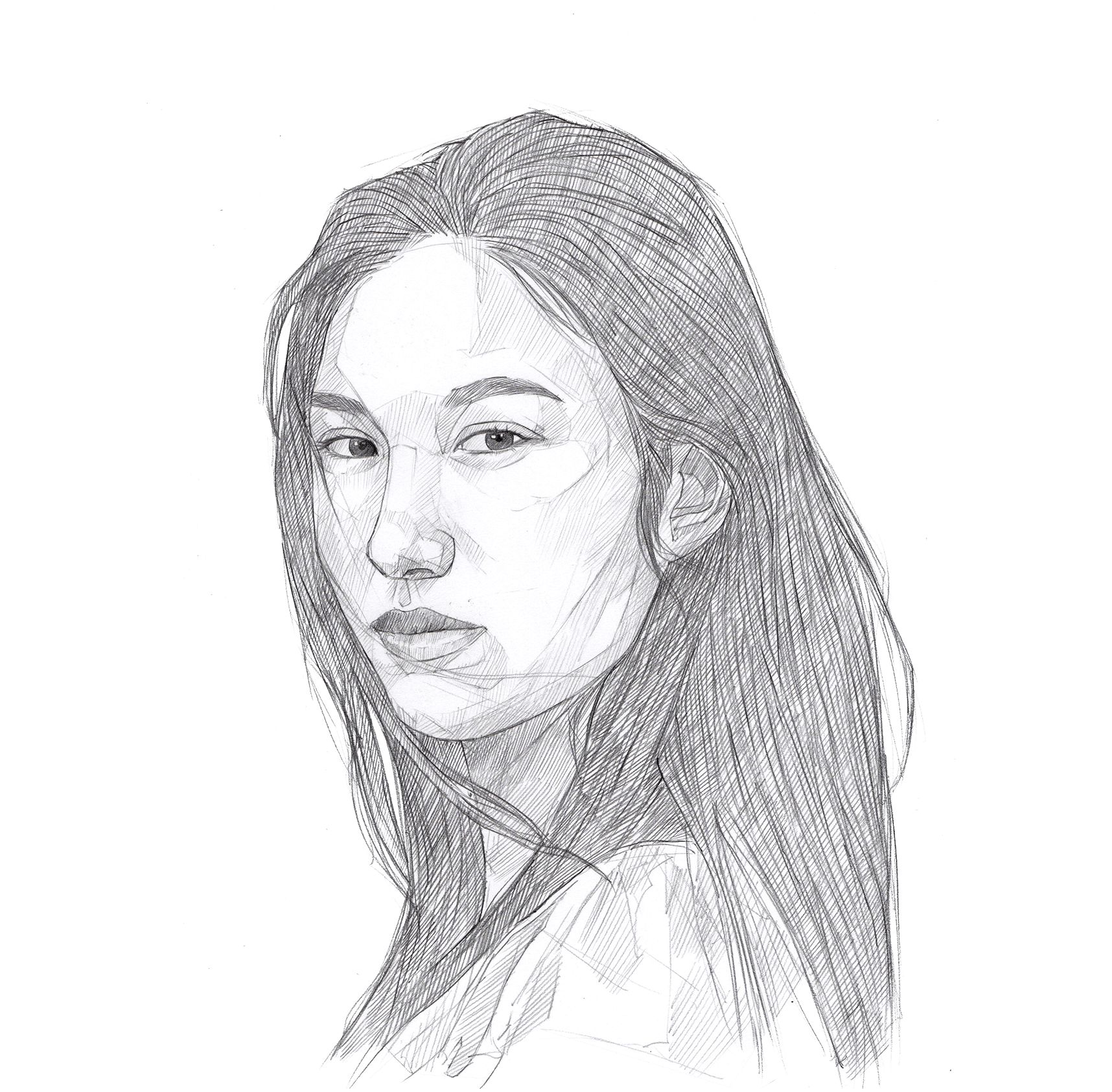All I can do is just show support
I don’t know what choice I can make my friend feel better [following sexual assault]. All I can do is just be rational and tell her or him [...] how to protect themselves after this happened [unclear] or ask them what they want to do. Do they want to keep this as a secret, or do they want to go to the public, like, go to the court? So - and then give them advice, and based on their decisions, like if they should find a lawyer, if they should keep the evidence. And the other thing I would do is I would help them to find the strength and go there with them, just to show support, because I don’t know what I can say to make them feel better. All I can do is just show support.
Recommendations
-
Promote SANE nurses as supporters for victims/survivors. Ideally, this would happen in the context of a formal partnership with SANE nurses, which includes 24/7 availability of SANE nurse services on campus.
-
Use approaches that are trauma informed and survivor-centred.
-
Deliver accessible education about Canadian sexual assault laws, including how they work, and the ways they tend to fail survivors in practice.
-
Emphasize the victim's right to decide whether they would like to report the incident after they have disclosed it to the university. Ensure the victim is aware of the formal and informal routes for reporting, including the option of reporting to the police. Clearly communicate any limits to confidentiality.
-
In the policy itself and in materials and presentations promoting the policy, define "confidential" and "anonymous," and explain how these concepts pertain to the policy, university-based sexual assault services, and the limits on confidentiality and anonymity.

